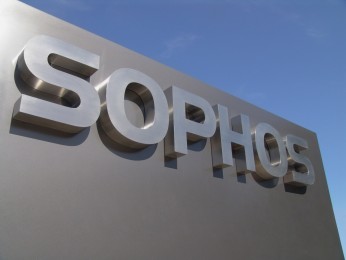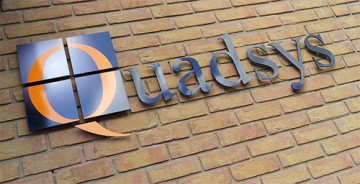 Cybersecurity vendor Sophos saw its share price slide by 18 percent this morning, despite posting what its CEO described as “strong growth”.
Cybersecurity vendor Sophos saw its share price slide by 18 percent this morning, despite posting what its CEO described as “strong growth”.
For the last quarter, Sophos saw its revenue jump 23.4 percent year on year to $166.4 million, but operating profit swung from $1.7 million to a $2.8 million loss.
Sophos CEO Kris Hagerman said: “The strong demand for our industry-leading cybersecurity solutions continued in Q3.
“Customer reaction to XG Firewall v17 has been very positive, and we are delighted to have recently launched a significant new release of Intercept X, incorporating for the first time our neural network-based deep-learning technology into our leading end-point product.
“Consequently, as our business continues to post strong growth, the board is confident both in the outlook for the full year and the longer-term prospects of the group.”
The positive outlook from Hagerman was not enough to prevent the share price slump, with Hargreaves Lansdown claiming that the drop could be a result of weaker than expected billings, as well as weaker cash flows.
Sophos’ subscription billings were up 20 percent in Q3, while cash flow from operations declined 2.2 percent year on year to $17.5m.
“Unfortunately, despite remaining on track to hit expectations for the full year, the third quarter didn’t back up the strong first half”, Hargreaves Lansdown said.
“Billings were up, but not as much as had been expected, and the group’s cash flow also disappointed the market. The shares duly dropped sharply.
“However, those weaker cash flows were due in part to the investment being pulled forward from Q4 to Q3. With this in mind, we’re willing to give it the benefit of the doubt for now but will be looking for a notable uptick in the final quarter of the year.”
 Beancounters at GlobalData have added up some numbers and concluded that American companies remained the most active investors in the cybersecurity technology space.
Beancounters at GlobalData have added up some numbers and concluded that American companies remained the most active investors in the cybersecurity technology space.














